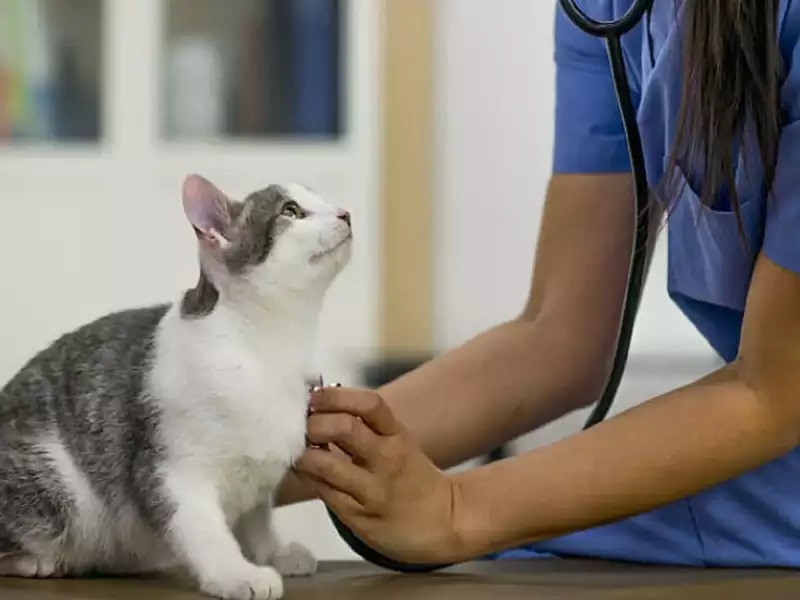As pet owners, we all want our furry friends to live long and healthy lives. However, our pets can face various health issues throughout their lives. Fortunately, many of these issues can be prevented with proper care and attention. Here is a guide to preventing common pet health problems.
Firstly, it is essential to ensure that your pet has a healthy diet. Just like humans, pets need a balanced diet to stay healthy. Depending on the species and breed of your pet, they may have specific dietary needs. You should consult with your veterinarian to determine the appropriate diet for your pet. Additionally, avoid feeding your pet table scraps or human food, as this can cause digestive issues and obesity.
Regular exercise is another crucial factor in maintaining your pet’s health. Dogs, in particular, require daily exercise to keep their weight in check and stay healthy. You can take your dog for a walk, run, or play games like fetch or hide-and-seek. Cats also benefit from exercise, but they tend to be more independent and may not require as much stimulation as dogs.
Another important aspect of pet health is preventative care. This includes regular c
 heck-ups with your veterinarian and keeping up with necessary vaccinations and parasite prevention. Vaccinations protect your pet from various infectious diseases, while parasite prevention, such as flea and tick medication, protects them from harmful parasites.
heck-ups with your veterinarian and keeping up with necessary vaccinations and parasite prevention. Vaccinations protect your pet from various infectious diseases, while parasite prevention, such as flea and tick medication, protects them from harmful parasites.
Dental care is also crucial to maintaining your pet’s health. Regular teeth brushing can help prevent dental diseases such as tartar buildup and gingivitis. You can also provide your pet with dental chews or toys to help keep their teeth clean.
Lastly, it is essential to monitor your pet’s behavior and symptoms. Keep an eye out for any changes in appetite, water intake, or behavior, as these can be signs of underlying health issues. If you notice any concerning symptoms, consult with your veterinarian as soon as possible.
Preventing common pet health problems requires proper care and attention. Providing your pet with a healthy diet, regular exercise, preventative care, dental care, and monitoring their behavior and symptoms can help keep them healthy and happy for years to come.

